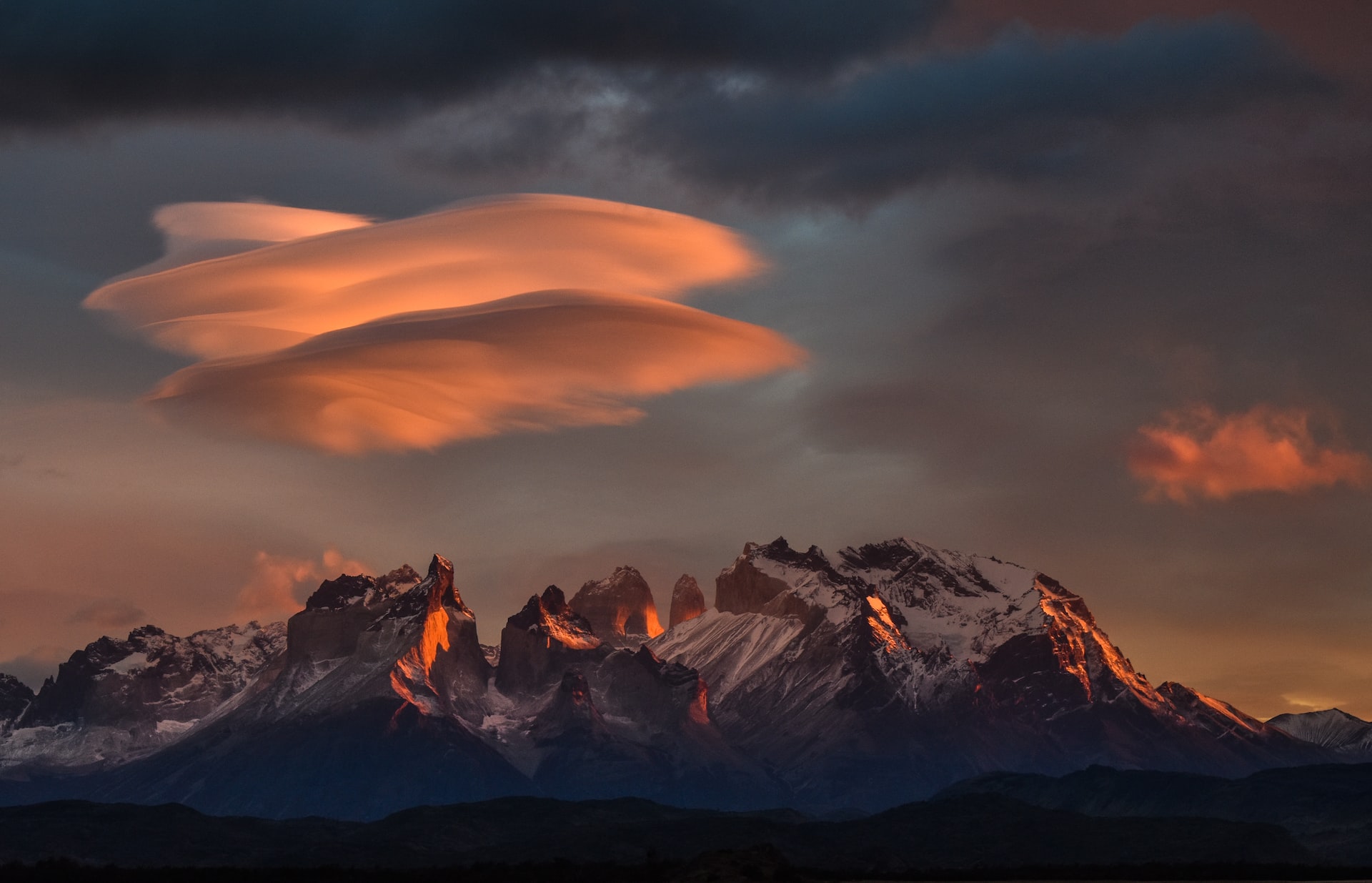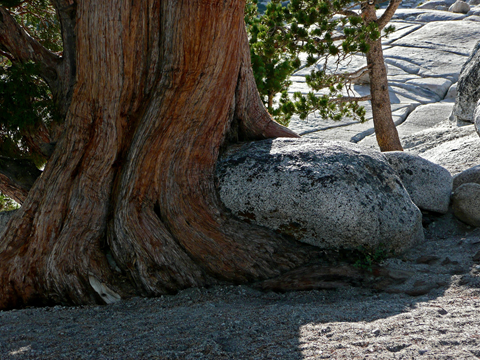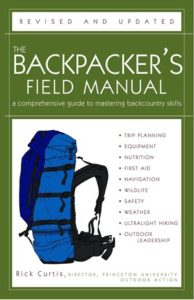OK, so we get it…don’t we? Climate change is human-induced and the increasing amounts of greenhouse gases we are putting into the atmosphere have a direct effect on global temperatures. This has serious and long term consequences for all life on this planet. Al Gore made this clear in Inconvenient Truth. Our new president seems to be on board (chalk one up in the “win” column for environmentalism). But not so fast. Here is the thing: why is it that when we talk of solving the climate crisis the conversation never (or very, very rarely) turns to our schooling system? President Obama is quick to call education one of the three top priorities moving forward (what journalist Jonathon Alder coined “HEE” — Health Care, Energy, and Education). But when he talks of education his rhetoric consistently slides into the economic purposes of school. We need to improve our schools in order to compete with China and India for the “jobs of the 21st century.” Perhaps this is true. But while it may be a necessary condition, it is not sufficient. How might we educate for human flourishing? We all know that economic valuations do not tell the entire story (if someone offered you 1 million dollars for your daughters’ left arm would you sell it?). Education and schooling cannot just be about producing better workers. We also need better citizens, better stewards, better change agents.
So, why don’t we talk about schools when we speak about the agenda of initiatives needed to tackle climate change? It is something we all (at least in the US) experience for 12-16 years of our lives. Schools are one of the strongest social institutions of enculturation we have. Through schools, certain values, assumptions, and behaviors become normalized. So the big question is: how does our current schooling system contribute to the climate crisis? There are a precious few writers and thinkers who tackle this question. David Orr is one of them. In Earth in Mind he famously states: “Toward the natural world [Education] emphasizes theories, not values; abstraction rather than consciousness; neat answers instead of questions; and technical efficiency over conscience…. My point is simply that education is no guarantee of decency, prudence, or wisdom… It is not education, but education of a certain kind, that will save us” (p. 8)
Tackling the climate crisis is an “all hands on deck” initiative. It will involve all spheres of human activity: policy, economics, philosophy, religion, science, etc. But we cannot leave out education. We don’t come to a relationship that we have with what David Abrams called the “more than human world” out of a vacuum. We learned the sense of alienation we currently experience. But the good news is, we can unlearn it. We can imagine new ways forward. We can start again. It will take adding an “E” to the three “R’s”. It is no longer sufficient for us to teach reading, writing, and arithmetic divorced from the environment. “Eco-literacy” must be our new educational ideal. Because, it isn’t more education, Mr. President, but education of a certain kind that will save us.


